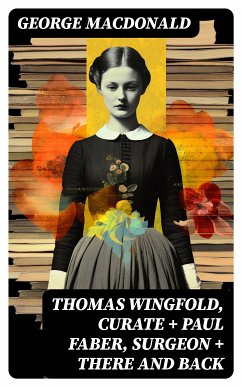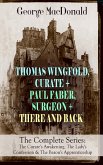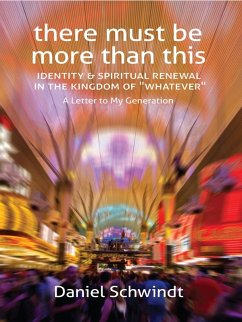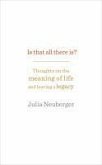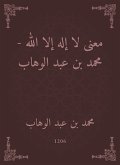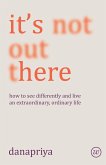In the collection of three novels by the renowned author George MacDonald, including 'Thomas Wingfold, Curate', 'Paul Faber, Surgeon', and 'There and Back', readers are taken on a literary journey that explores themes of faith, redemption, and personal growth. MacDonald's writing style is deeply introspective and rich with moral and spiritual insights, making these novels a captivating read for those interested in philosophical fiction. Set in the mid-19th century, the books provide a glimpse into the Victorian era and its societal norms, while delving into the inner struggles of the characters. The narrative is characterized by a blend of realism and allegory, inviting readers to ponder on deeper meanings behind the storyline. George MacDonald, a Scottish author and minister, drew inspiration from his own religious beliefs and experiences to create these thought-provoking works. His background in theology and pastoral care is evident in the profound themes and ethical dilemmas faced by the characters. MacDonald's compassionate approach to storytelling resonates with readers of all backgrounds and beliefs, offering a timeless exploration of the human condition. I highly recommend George MacDonald's novels 'Thomas Wingfold, Curate', 'Paul Faber, Surgeon', and 'There and Back' to readers seeking literary works that challenge their perspectives and inspire self-reflection. These poignant tales of faith, love, and redemption will linger in your thoughts long after you've turned the last page.
Dieser Download kann aus rechtlichen Gründen nur mit Rechnungsadresse in A, B, BG, CY, CZ, D, DK, EW, E, FIN, F, GR, H, IRL, I, LT, L, LR, M, NL, PL, P, R, S, SLO, SK ausgeliefert werden.

